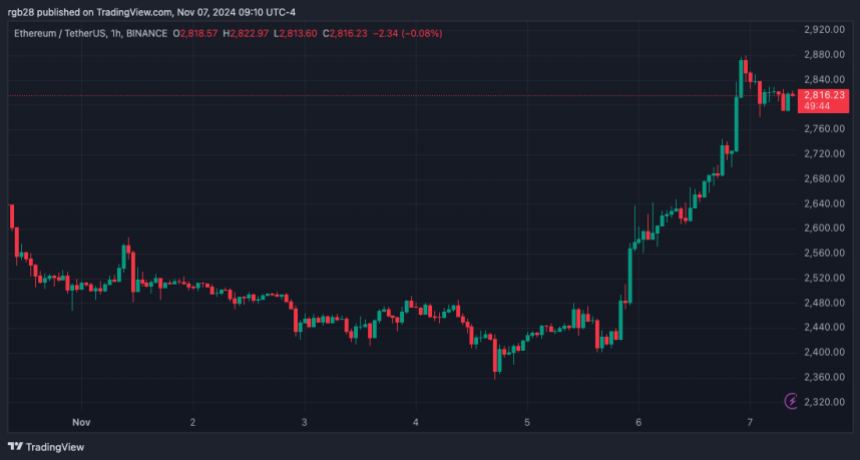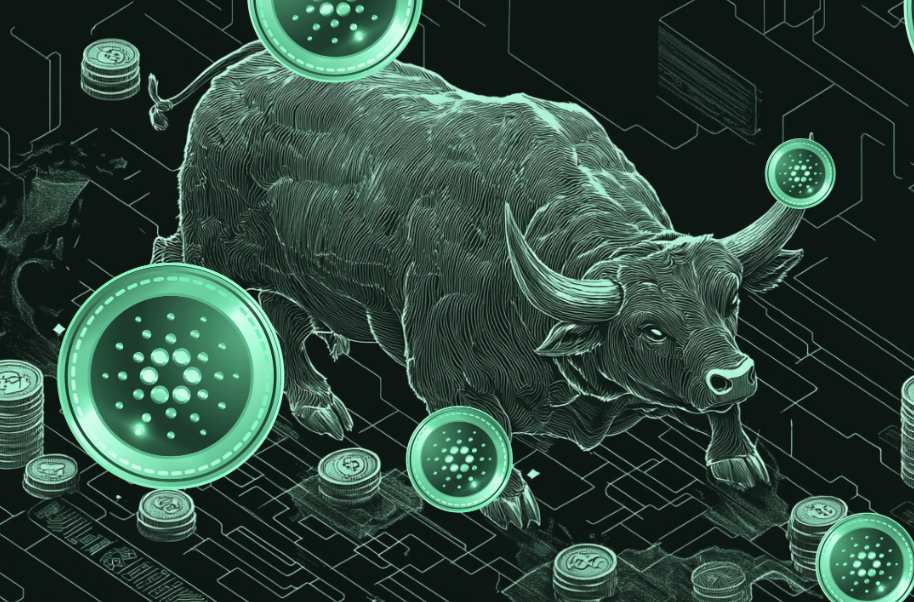ARTICLE AD
Spark, a decentralized trading protocol, announced the first fully on-chain order book for the Ethereum ecosystem. Launching on Fuel Network, the project aims to provide solutions for some of the limitations in the Decentralized Finance (DeFi) landscape and offer traders fast, secure, and transparent trading with minimized state and reduced storage.
Spark Brings First On-Chain Oder Books To The Ethereum Ecosystem
Decentralized trading protocol Spark is launching the Ethereum ecosystem’s first fully on-chain order book, seeking to offer traders a “secure, efficient, and decentralized” experience.
Per the announcement, the state-minimized order book will move execution fully on-chain to enhance transparency. Moreover, it’s set to reduce data storage and processing needs to ensure faster transactions without compromising security.
The Ethereum L2 project aims to address the limitations of Automated Market Makers (AMMS) and Centralized Exchanges (CEXs). Despite being instrumental in DeFi’s growth, AMMs struggle to meet the “advanced demands of institutional traders in high-frequency and algorithmic trading.”
Meanwhile, CEXs have been criticized for the lack of transparency and control expected in decentralized systems. The project argues that DeFi needs to use traditional trading mechanisms to attract institutional traders.
As a result, Spark will introduce Central Limit Order Books (CLOBs) to tackle these limitations. CLOBs are trading mechanisms used in traditional stock markets to match all bids and offers according to time priority and price.
With this implementation, Spark is set to provide better price discovery, faster execution, and deeper liquidity while maintaining security and transparency. Additionally, it seeks to offer “the precision and capabilities necessary for professional and institutional traders.”
Vitali Dervoed, Spark’s CEO and co-founder, highlighted the importance of order books for institutional and retail traders who seek accuracy and transparency while controlling their assets:
Order books are the backbone of professional, institutional, and advanced retail traders who rely on precise execution and transparency. Spark’s shift to on-chain trading represents a significant leap in eliminating the trade-offs associated with off-chain systems. With full visibility into order depth and liquidity, users are protected from risks like front-running and manipulation while enjoying the security of self-custody. Unlike centralized exchanges, Spark ensures users have complete control over their assets, making it an ideal platform for traders prioritizing security, transparency, and efficiency.
A ‘New Era’ For Decentralized Trading?
Launched in October, Fuel is a modular rollup operating system designed for Ethereum. After three weeks, it achieved a Total Value Locked (TVL) of $33.5 million. According to data from DeFiLlama, Fuel saw a 700% TVL increase in one day, followed by a 1200% weekly increase.
Spark is one of the first dApps in the Fuel Network. The Ethereum Layer 2 project is powered by Fuel’s modular architecture, aiming to “push DeFi closer to mainstream adoption” with speed, scalability, and interoperability.
The projects look to build a “new era for decentralized trading” that unlocks “new possibilities for institutional-grade DeFi” and evolves the Ethereum landscape. Ultimately, Fuel Network’s CEO, Nick Sway, noted Spark’s launch as a vehicle to “push” DeFi boundaries:
Fuel’s mission is to foster an environment where builders can push the boundaries of DeFi, and Spark is a testament to this vision. By leveraging Fuel’s powerful high-performance design, Spark introduces a new level of transparency and efficiency to decentralized finance through on-chain order book trading, setting a new benchmark for scalability and precision.
 Ethereum (ETH) is trading at $2,168 in the weekly chart. Source: ETHUSDT on TradingView
Ethereum (ETH) is trading at $2,168 in the weekly chart. Source: ETHUSDT on TradingView
Featured Image from pexels.com, Chart from TradingView.com

 2 weeks ago
15
2 weeks ago
15 

